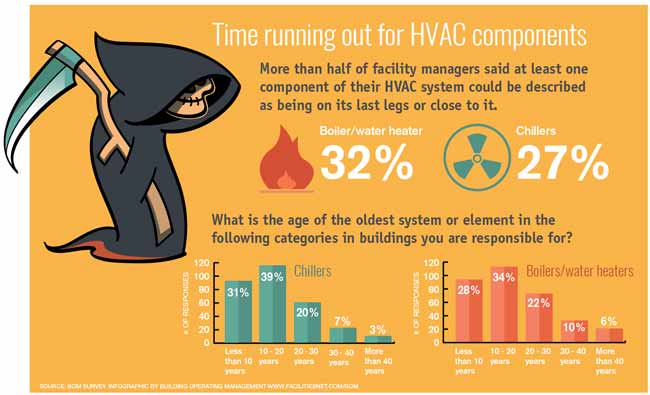Checking Out The Ecological Benefits Of Warmth Pumps - A Lasting Heating Option
Checking Out The Ecological Benefits Of Warmth Pumps - A Lasting Heating Option
Blog Article
Team Author-Dickinson Burgess
In a period where sustainability and energy effectiveness are vital, numerous businesses seek eco-friendly heating options. One such solution is the heatpump.
A heatpump removes the warmth in its surroundings and pumps it into your home, resulting in one of one of the most effective environment-friendly central furnace around. This process additionally produces no greenhouse gas emissions, making it a highly lasting technology.
Energy Performance
Heat pumps are very power effective and require little maintenance. They make use of much less electrical power than other heating systems and are without a doubt the most environmentally friendly. They work well with rooftop solar and can usually pay for themselves in energy savings alone.
They can likewise supply air conditioning, which is excellent for garage workshops, attic room hangouts and bonus offer rooms, and home enhancements without prolonging the existing ductwork. They can also be used for retrofits in existing homes with hydronic (water-based) distribution systems such as reduced temperature level radiators or radiant floors.
Look for designs with SEER and HSPF rankings that meet or exceed Canada's minimum criteria, along with the requirements in your region. Greater ratings suggest higher performance, which saves you money in the future and lowers your carbon impact. You might also get approved for refunds and rewards! The most effective units are those with a ground warmth exchanger for added performance. These systems can take in thermal power from the ground throughout the winter season and extract it in the summer.
Reduced Greenhouse Gas Emissions
Heatpump operate on power and basically transfer heat from the air, even when it's cold outside. They are able to draw out the cost-free warmth trapped in air fragments and move them inside your home, minimizing humidity while doing so.
Compared to central ducted heat pump , contemporary heatpump use less than one kilowatt of electricity per kilowatt of home heating power they generate. This makes them one of the most energy reliable home heating option readily available with a COP (Coefficient of Efficiency) of four or even more. By slashing the requirement for nonrenewable fuel sources, heat pumps help in reducing greenhouse gas discharges and reduce various other significant air contaminants.
Structure decarbonization is an international critical, and the a/c market is an essential motorist of that process. Whether it's investor making internet absolutely no dedications, policy makers establishing exhausts limitations, or occupants requiring greener spaces, electric heat pumps are being identified as a vital option. They are a cost-effective method to reduce carbon emissions by removing the need for nonrenewable fuel sources in structures.
Convenience
Heatpump can be made use of in several kinds of homes and structures-- with or without air ducts. They deal with hot-water radiators, air-conditioning and programmable thermostats. They can replace heating systems or be mounted in new residences. They can operate on solar panels, geothermal systems and even district heating sources like wastewater.
They're excellent at providing even more warmth per power device. As an example, an air-source heatpump creates as much as 3 or more home heating systems from each electrical energy system it consumes.
Obtaining the most from your heat pump will certainly rely on your environment zone and high quality of insulation. Seek designs with power celebrity ratings and contrast their SEER or HSPF specifications. In warmer climates, concentrate on SEER; in chillier regions, think about a system with a higher HSPF rating. On top of that, buy air securing and insulation to decrease the lots on your heat pump. That will improve power efficiency and help you reach your Web Zero objectives faster.
Biomass Boilers
Biomass boilers make use of wood pellets, chips or logs to create warmth and warm water. They are a great choice for off-grid residential or commercial properties or those that want to get off the gas grid.
As a standalone furnace, biomass can give adequate power to keep your home cozy throughout the year without the regular heat drop off of other eco-friendly innovations. They can additionally be used along with photovoltaic panels to maximise cost savings and gain from RHI settlements.
have a peek at this website of these systems is the upfront price and regular fuel distributions. Often, pellets will require to be blown into a fuel store utilizing a vacuum system or they can be by hand fed into the central heating boiler with a hopper. Logs are usually self-sourced from neighboring timberland or bought in bulk. In addition to this, they require hands-on loading and may need cleansing often.